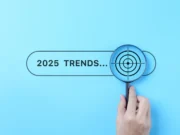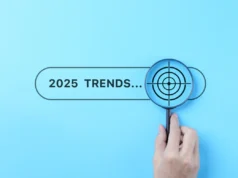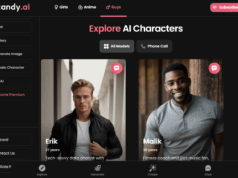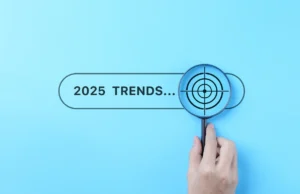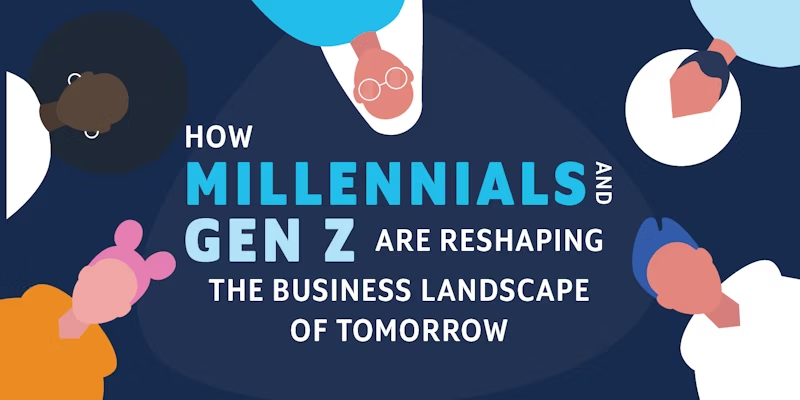
Every generation leaves its mark on business. Baby boomers built corporations, millennials drove the digital shift—but in 2025, it’s Gen Z’s turn. Born between the mid-90s and early 2010s, Gen Z is stepping into leadership roles, dominating the consumer market, and setting new rules for the business world.
This isn’t a small shift—it’s a full reset.
Gen Z as Employees 👩💻
Gen Z approaches work differently:
- Work-life balance first. They’d rather earn less but have flexible hours.
- Remote and hybrid work. Offices aren’t dead, but Gen Z won’t be chained to a desk.
- Purpose-driven jobs. They want to work for companies with values, not just profits.
Employers ignoring this are already struggling with retention.
Gen Z as Consumers 🛍️
Brands targeting Gen Z need to adapt or die. Their habits include:
- Social-first shopping. TikTok is the new storefront. A viral video can sell out a product in hours.
- Authenticity over ads. Gen Z sniffs out fake marketing instantly. They prefer raw, unpolished content.
- Sustainability. They support eco-friendly brands and call out greenwashing.
Gen Z as Entrepreneurs 🚀
More than any generation before, Gen Z is starting businesses young. From dropshipping to AI-powered startups, they’re:
- Using low-cost online tools to scale quickly.
- Turning side hustles into careers.
- Building creator-led brands that thrive without traditional advertising.
Platforms like Shopify, Gumroad, and Patreon are their launchpads.
Business Culture in 2025 🌐
The Gen Z influence goes beyond trends:
- Flat hierarchies. Less “boss culture,” more collaboration.
- Digital communities. Discord groups, Notion workspaces, and Slack channels replace boardrooms.
- Mental health awareness. Companies are now judged on how they treat employees holistically.
Why This Matters
By 2030, Gen Z will make up more than 30% of the global workforce and an even bigger share of consumer spending. Businesses that adapt now will thrive. Those that don’t? They’ll fade into irrelevance.
Gen Z isn’t waiting to inherit the business world—they’re rewriting it right now. From demanding flexible jobs to reshaping shopping habits, their influence is everywhere in 2025.
For companies, the lesson is simple: if you want to survive, stop selling to Gen Z and start listening to them.


